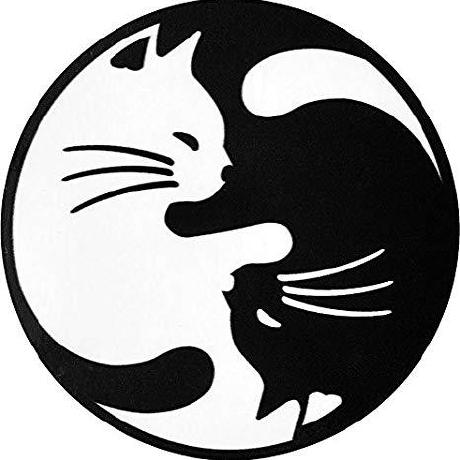Benjamin Franklin Autobiography Reflections
January 2021
Note: All the content below is from the Autobiography of Benjamin Franklin and all credit goes to him.
Thus, if you teach a poor young man to shave himself, and keep his razor in order, you may contribute more to the happiness of his life than in giving him a thousand guineas
THE WAY TO WEALTH
Idleness taxes many of us much more, if we reckon all that is spent in absolute Sloth, or doing of nothing, with that which is spent in idle Employments or Amusements, that amount to nothing.
Sloth, by bringing on Diseases, absolutely shortens Life.
*Sloth, like Rust, consumes faster than Labor wears; while the used key is always bright, as Poor Richard says.
But dost thou love Life, then do not squander Time, for that’s the stuff Life is made of, as Poor Richard* says.
How much more than is necessary do we spend in sleep, forgetting that The sleeping Fox catches no Poultry, and that
There will be sleeping enough in the Grave, as Poor Richard says.
If Time be of all Things the most precious, wasting Time must be, as Poor Richard says, the greatest Prodigality; since, as he elsewhere tells us, Lost Time is never found again; and what we call Time enough, always proves little enough:
Let us then up and be doing, and doing to the Purpose; so by Diligence shall we do more with less Perplexity.
Sloth makes all Things difficult, but Industry all easy, as Poor Richard says;
and He that riseth late must trot all Day, and shall scarce overtake his Business at Night; while Laziness travels so slowly, that Poverty soon overtakes him
Drive thy Business, let not that drive thee;
Industry need not wish, and he that lives upon Hope will die fasting. He that hath a Calling, hath an Office of Profit and Honor.
If you were a Servant, would you not be ashamed that a good Master should catch you idle? Are you then your own Master, be ashamed to catch yourself idle.
Stick to it steadily; and you will see great Effects, for Constant Dropping wears away Stones.
What maintains one Vice, would bring up two Children.
You may think perhaps, that a little Tea, or a little Punch now and then, Diet a little more costly, Clothes a little finer, and a little Entertainment now and then, can be no great Matter;
but remember what Poor Richard says, Many a Little makes a Mickle.
Beware of little expenses; A small Leak will sink a great Ship;
Poverty often deprives a Man of all Spirit and Virtue: ’Tis hard for an empty Bag to stand upright.
THE WHISTLE
Don’t give too much for the whistle;
When I saw one too ambitious of court favour, sacrificing his time in attendance on levees, his repose, his liberty, his virtue, and perhaps his friends, to attain it, I have said to myself, This man gives too much for his whistle.
When I saw another fond of popularity, constantly employing himself in political bustles, neglecting his own affairs, and ruining them by neglect, He pays, indeed, said I, too much for his whistle.
If I knew a miser who gave up every kind of comfortable living, all the pleasure of doing good to others, all the esteem of his fellow citizens, and the joys of benevolent friendship, for the sake of accumulating wealth, Poor man, said I, you pay too much for your whistle.
If I see one fond of appearance, or fine clothes, fine houses, fine furniture, fine equipages, all above his fortune, for which he contracts debts, and ends his career in a prison, Alas! say I, he has paid dear, very dear, for his whistle.
When I see a beautiful, sweet-tempered girl married to an ill-natured brute of a husband, What a pity, say I, that she should pay so much for a whistle!
”You are young, and have the world before you; stoop as you go through it, and you will miss many hard thumps.”
